Antifreeze is the all-year-round helper of any driver since this brightly colored liquid allows the car and any other vehicle to operate properly both in cold and hot weather. When being added to the vehicle’s radiator, antifreeze prevents the liquid inside of it from freezing in winter and from overheating in summer.
However, as a car owner, you might be wondering whether antifreeze is able to actually freeze, and at what temperature it could happen.
And since this is quite a reasonable question, we decided to make a small investigation and found the answer to this and a few more questions you might be wondering about.
What Temperature Does Antifreeze Freeze At?
Even though antifreeze (or engine coolant as it is also called) is designed for preventing the car’s radiators from freezing, the liquid itself has certain limits, too. There comes a point sooner or later when even antifreeze can’t protect your car from freezing anymore.
Moreover, the solution will be affected by the low temperatures as well!
In general, a car antifreeze liquid or a coolant will start to solidify when the outdoor temperature reaches the level of – 36 degrees Fahrenheit (which is equal to -38 degrees Celsius). At that point, it will become much harder for the engine of your car to turn over!
Of course, if you live somewhere like Colorado, you will hardly ever have to deal with such an issue, but still it is good to consider such a nuance.
If one day you, for instance, go to the mountains or Midwest, you might face climate extremities like this that are pretty common in that area.
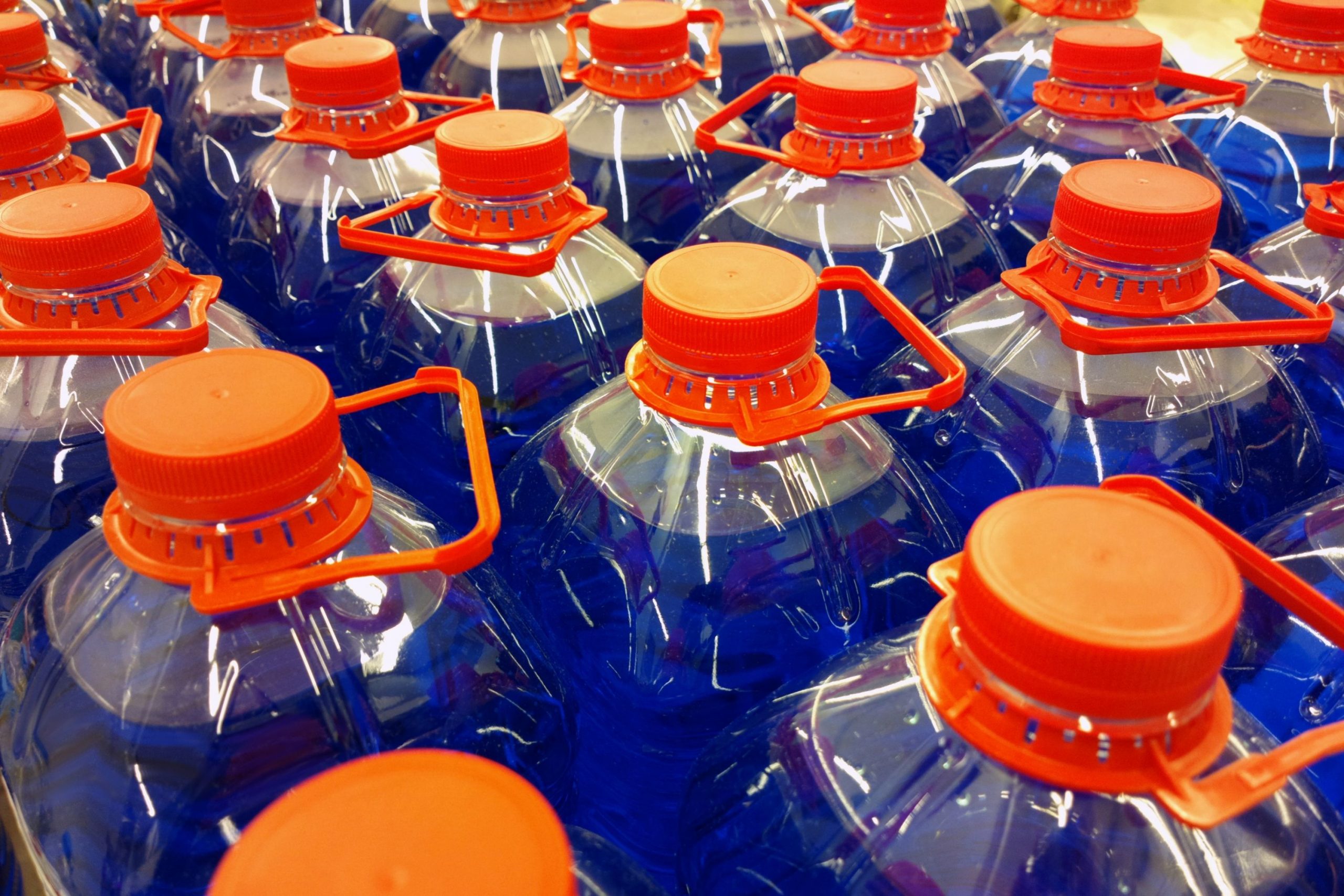
What Makes a Car Antifreeze Work Like This?
Have you ever wondered why your car’s antifreeze actually prevents the liquid in the radiator from freezing? What makes this liquid not freeze itself and prevent your car insides from doing the same?
See, antifreeze liquid or a car coolant is a mixture of chemicals and water that consists of 70 percent ethylene glycol. Ethylene glycol is a chemical that is designed to help with viscosity and lubrication, especially in the context of your engine.
As we all know, water freezes at zero degrees Celsius and boils at 100 degrees Celsius respectively.
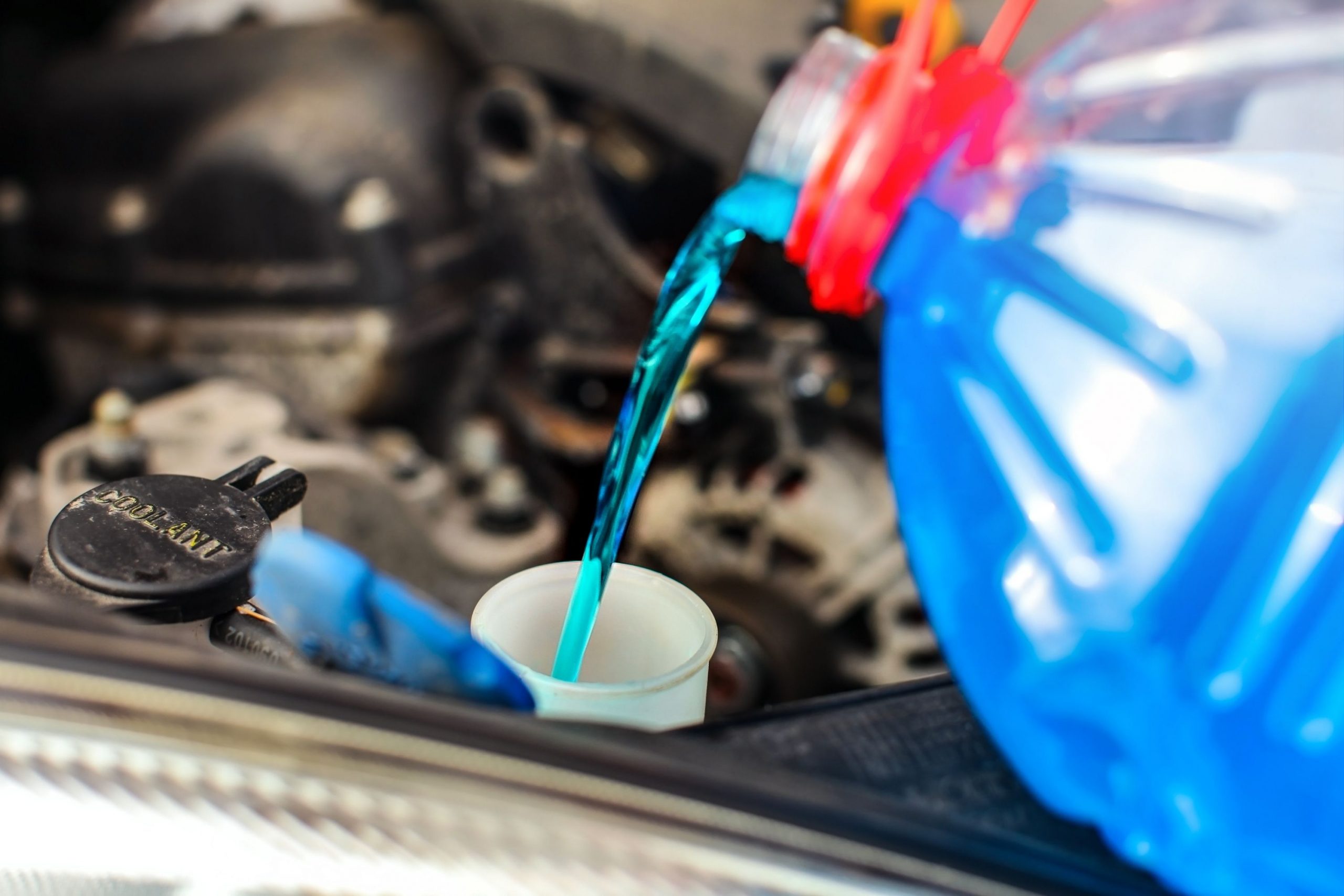
But if we create a 50/50 mixture combining water and ethylene glycol together, the chemistry starts working and the boiling point of this solution will rise to 106 degrees Celsius.
Accordingly, the freezing point will drop to the level of – 37 degrees Celsius. This is the answer to the question “What temperature does 50/50 antifreeze freeze?”
However, a car antifreeze contains seventy percent of ethylene glycol! What temperature does 70% water and 30% antifreeze freeze, you may wonder?
Well, if we mix seventy percent of this chemical with only thirty percent of water, the boiling point will go higher and reach 113 degrees Celsius whilst the freezing point of this solution will become -55 degrees!
From the chemical point of view, when water freezes, it crystallizes and expands. But if we add chemicals to it, the water molecules will have to work way harder to get together for crystallization! This will lead to the lower freezing point of the compound.
At What Temperature Does Pure Antifreeze Freeze?
Pure or straight antifreeze is not completely the same as antifreeze solutions that contain water and chemicals in different proportions. When we speak of pure or straight antifreeze, we mean pure ethylene glycol. And this chemical can hardly be called frost-resistant!
Pure antifreeze will solidify when the temperature outside reaches the level of minus seventeen to minus twenty degrees Celsius (which is 0 to -5 degrees Fahrenheit).
This is why pure antifreeze is not that common, and this product usually contains water to make the mixture withstand lower temperatures in winter. All because water lowers the freezing point of the solution.
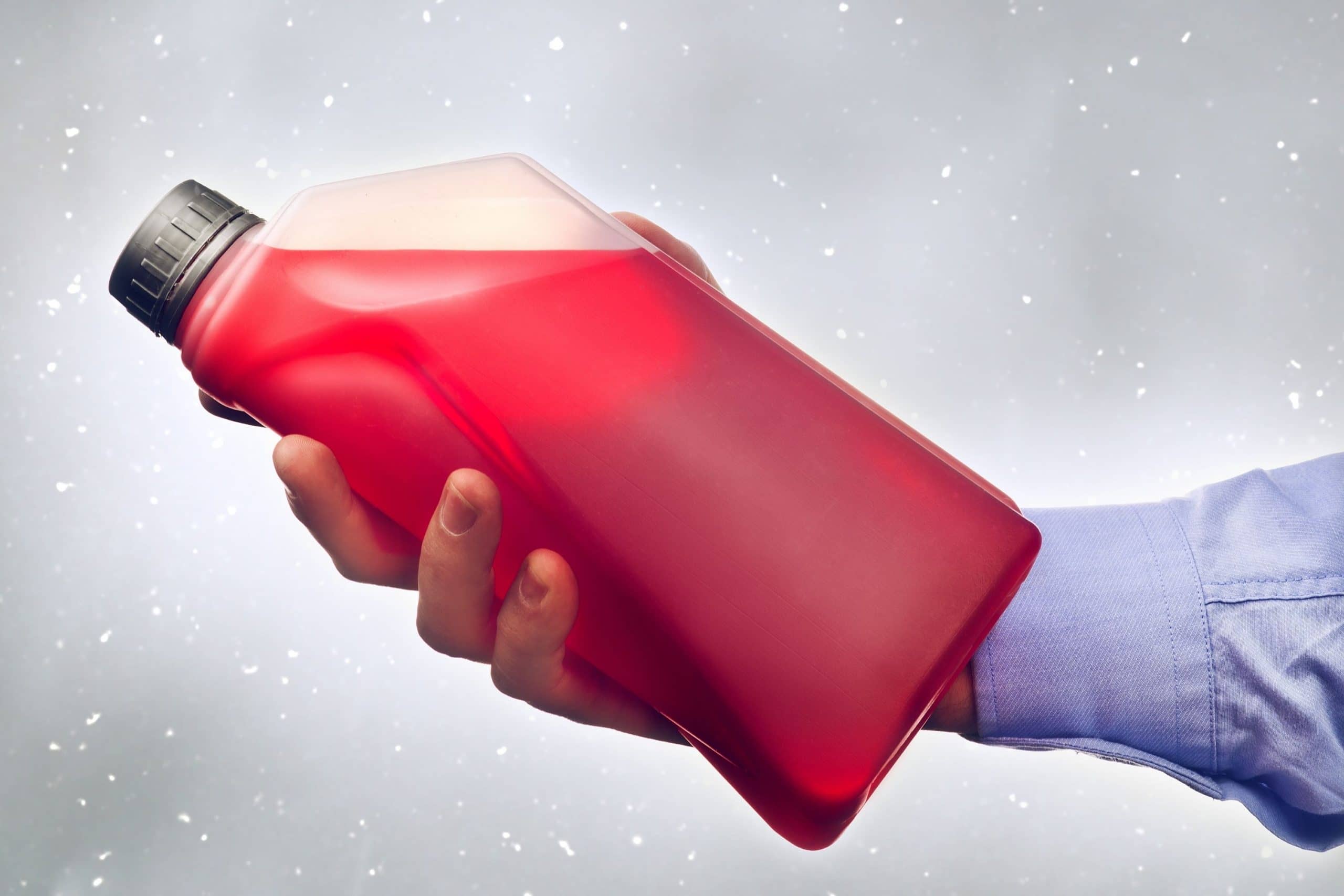
How to Choose the Proper Coolant For Your Car?
When winter comes, all the car owners get worried about their vehicles’ engines and their safety in particular.
This is why coolants are being sold so well before the winter time! However, a frequent question often arises: how do I know which antifreeze will be suitable for my car?
Well, generally speaking, the type of antifreeze your car needs depends on the type of the vehicle, its age, and even the place of manufacture. It is important to consider all these factors since, if you use the wrong coolant, it may result in poor performance of your car.
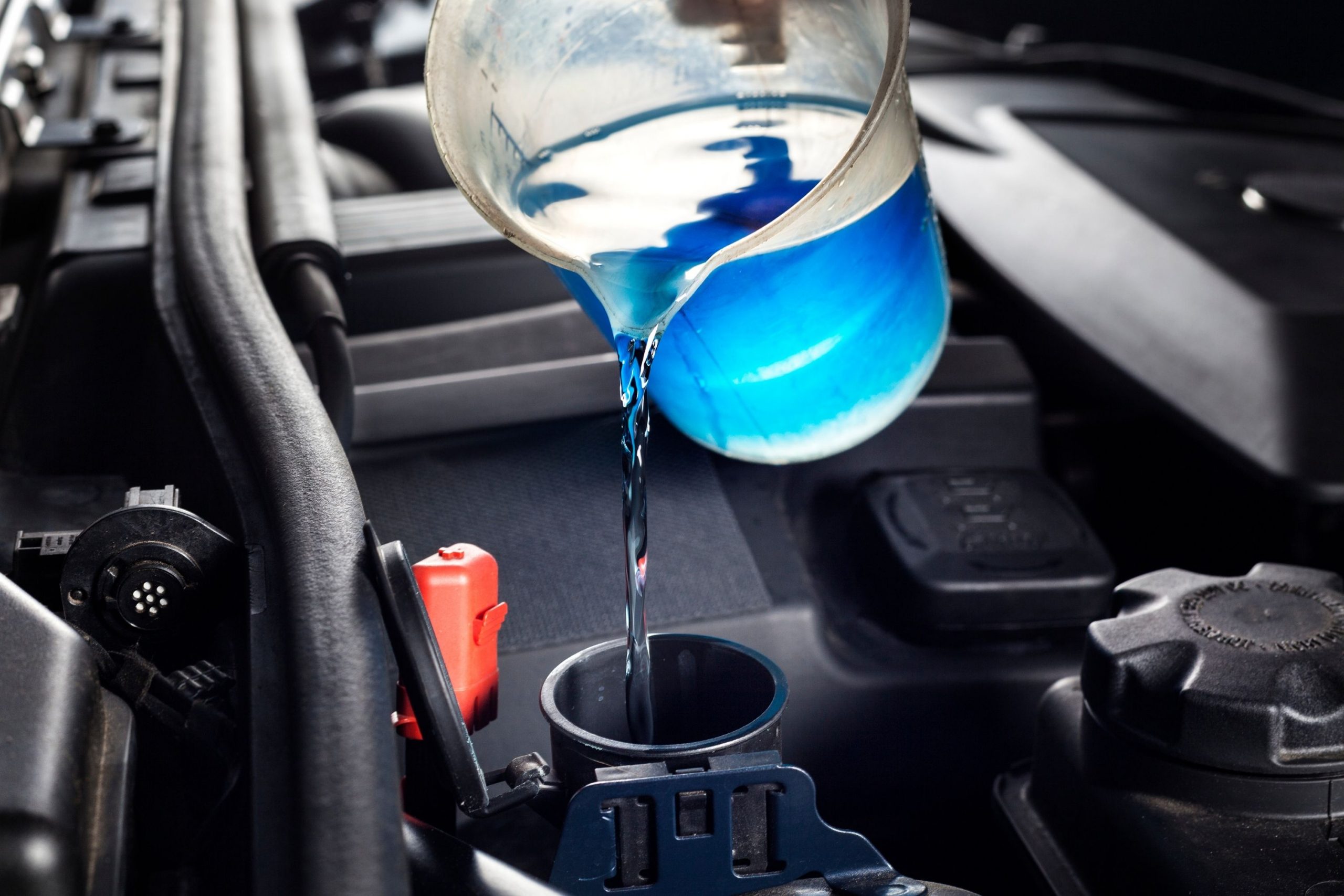
The worst that can happen is that the engine will get instantly damaged.
So we suggest you follow these life hacks to be able to choose the right coolant for your car.
- Check its color
- Go to the source
- Don’t forget the water
Now let us explain in detail what each of these aspects means. First of all, you need to pay attention to the color of the cooler you are going to buy.
See, coolants are not colored differently just for fun! Their colors are correlated with the car’s compatibility.
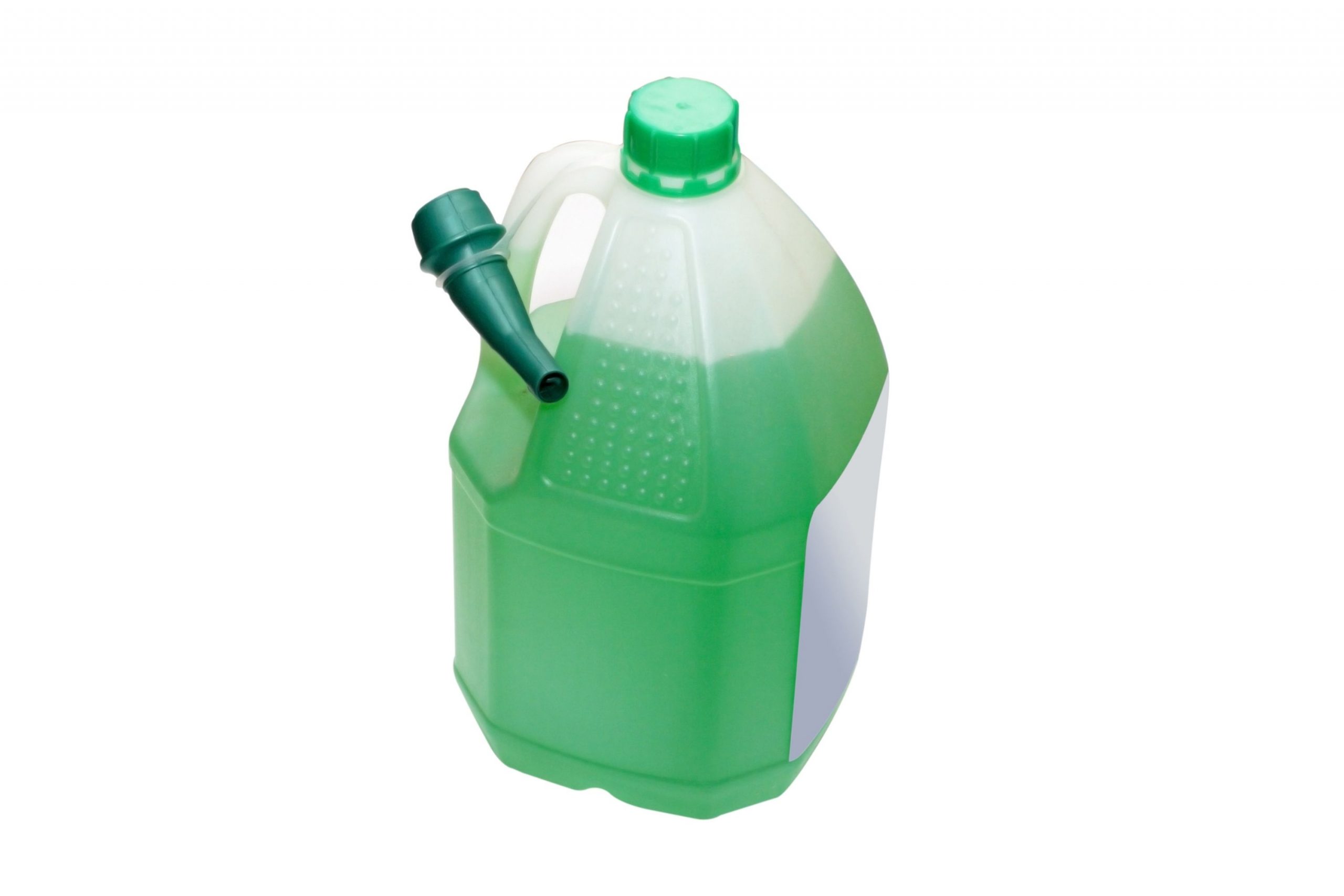
For example, IAT coolant is usually green whilst HOAT antifreeze is turquoise.
However, we do ask you to remember that a single color is not a 100% guarantee that this particular coolant will be best for your car!
There are brands that use other colors depending on the type of a car and the country of its origin. So we recommend you always read the bottle label to find out whether this particular antifreeze will fit your engine!
Next, here comes the source meaning that you can find all the necessary information regarding the coolant in your car’s manual!
It can even tell you what type of coolant is the best for your vehicle. But even if you can’t find your owner’s manual, this information can be easily found on the internet.
Finally, always remember about the water! When changing your car’s antifreeze, remember to read the label on the bottle to make sure whether this formula needs to be mixed with water or not.
See, some types of coolants can be poured straight into your car’s system with no additive, but other types of this solution are designed for being mixed with water as 50/50 solutions.
Also, when mixing your coolant with water, make sure the proportions are precise since it will influence your car’s performance. If you create an antifreeze that is too strong or too weak, the performance of the vehicle may suffer. Just like its engine!
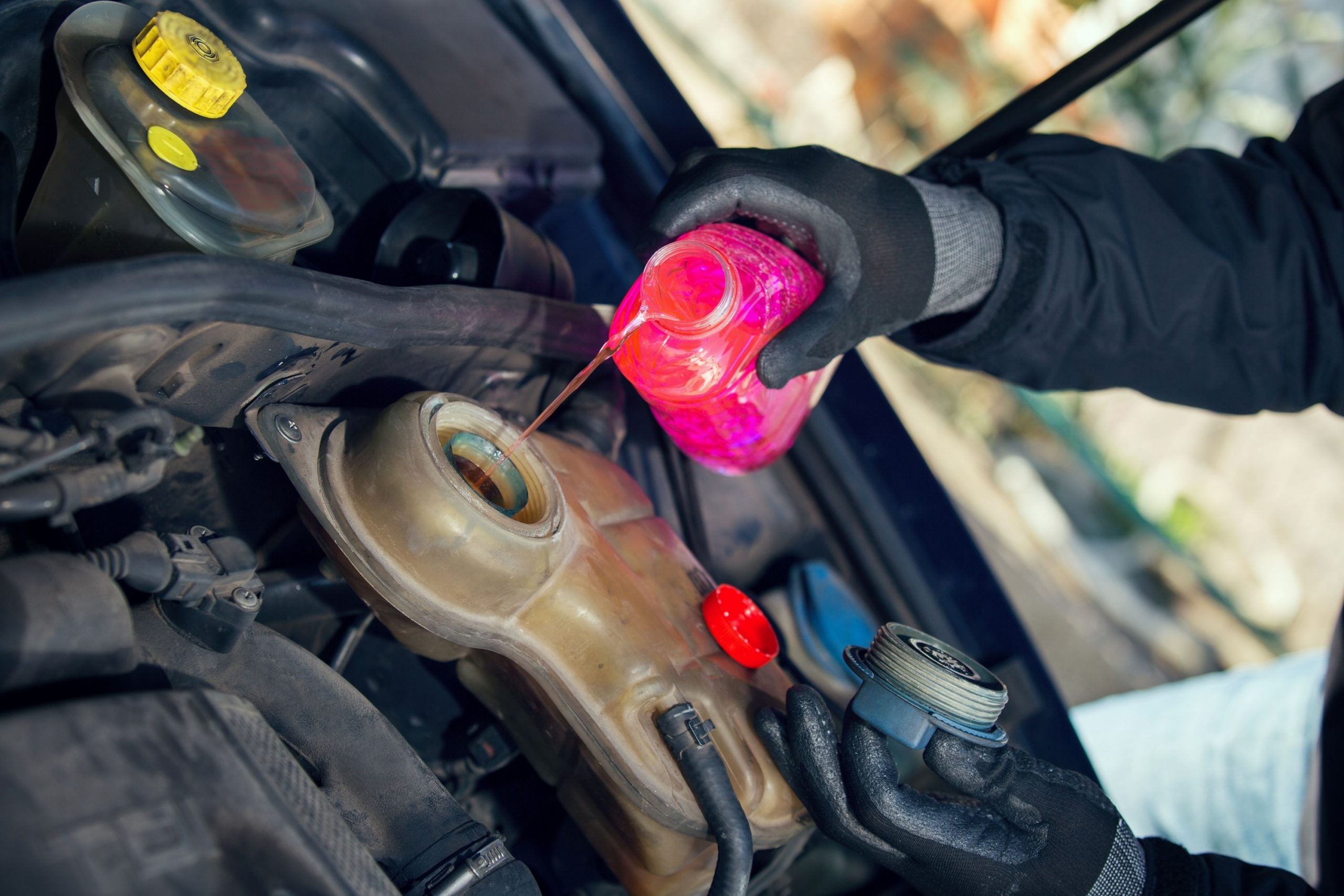
What Makes a Good Coolant?
If you have a car, you surely want it to serve you as long as possible remaining in a good state. This is why choosing and using a proper and high-quality coolant in winter is a must.
And since not all of us know what components must be present in a really effective antifreeze, we decided to introduce you to the best coolant ingredients that you should look for on the bottle label when buying the liquid.
- Water.
- Ethylene glycol
- Propylene glycol
- Corrosion inhibitors
Water is needed because it brings down the freezing point of the coolant making it more frost-resistant. This is actually the reason why the majority of coolants are 50/50 or 70/30 mixtures of water and different chemicals.
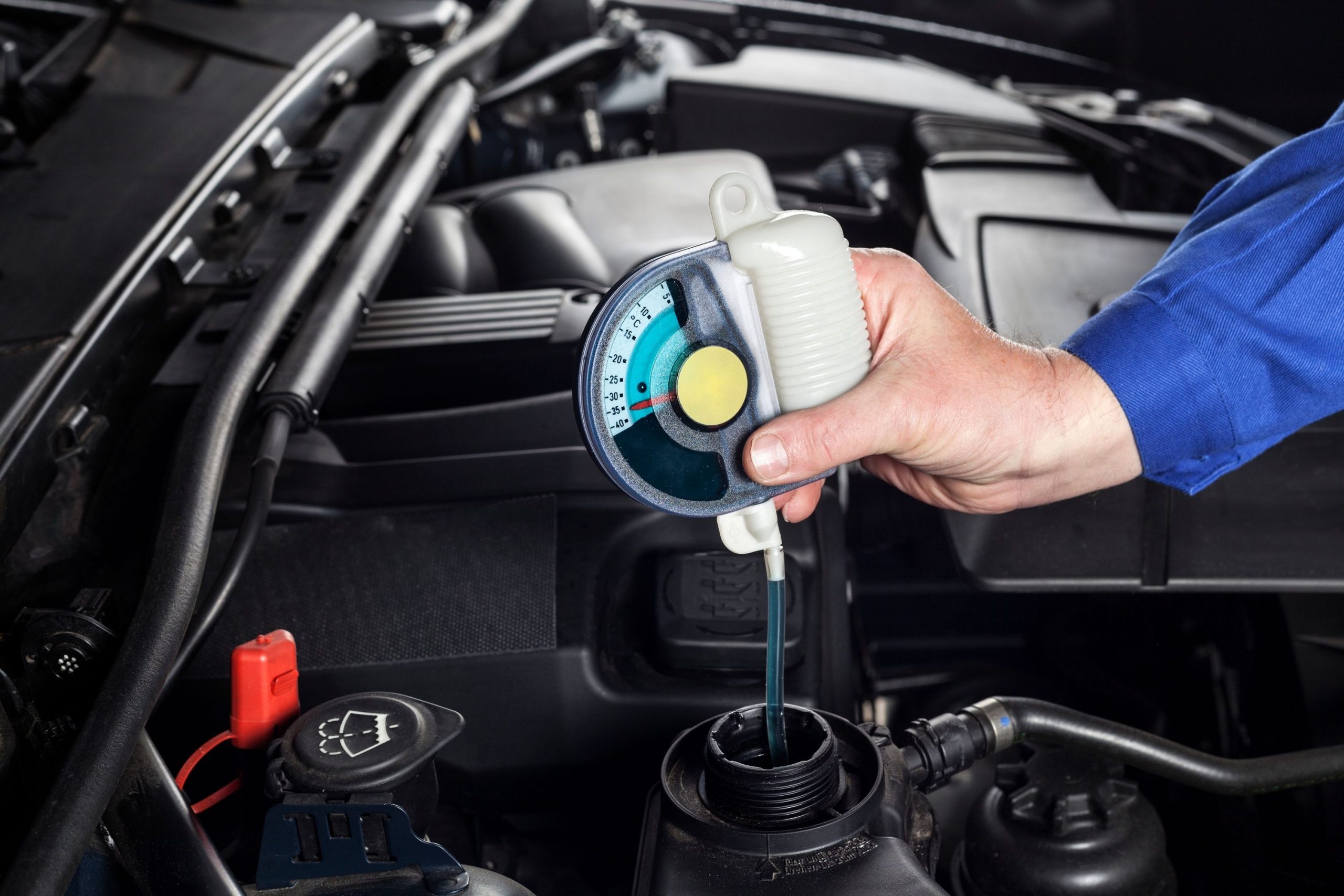
Ethylene glycol is the most popular active ingredient in the majority of coolers. It is responsible for the proper liquid circulation through the engine of the car in cold and in hot weather.
Some engine coolants contain propylene glycol instead of ethylene glycol since it is more viscous.
It means that this chemical tends to have a more effective heat transfer. In addition, it is considered to be less toxic when ingested which is a major selling point for the car owners that have pets and/or little children.
Finally, we have corrosion inhibitors. While water and propylene or ethylene glycol create a base for any coolant, different additives that prevent corrosion create distinct antifreezes.
These ingredients may vary depending on the country of origin. For example, Asian car manufacturers use carboxylates and phosphates as anti-corrosion agents in their engine coolants.
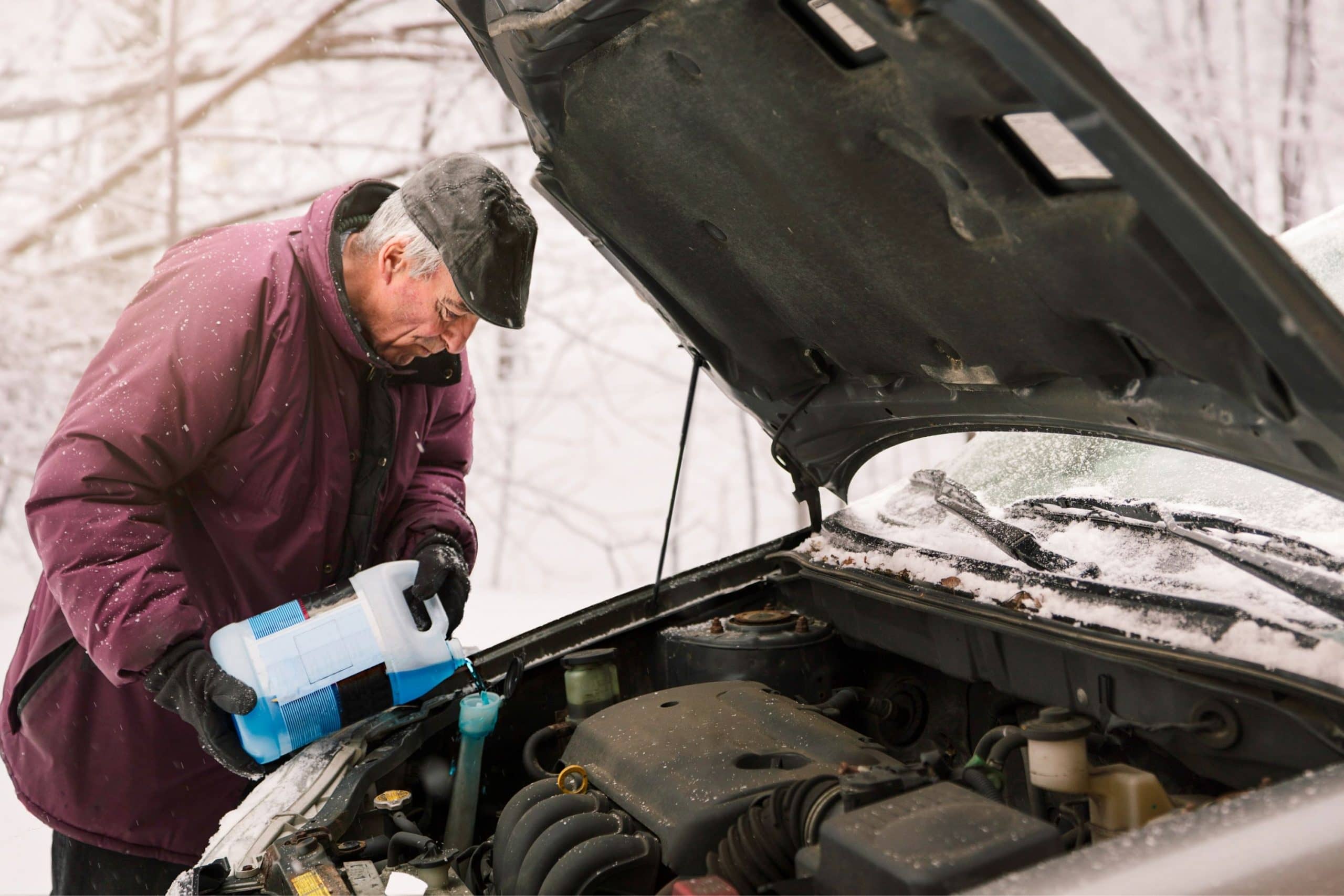
On the contrary, coolants produced for the European cars make use of silicates and carboxylates to protect the engines against corrosion.
With all that in mind, you will be able to pick up the most suitable antifreeze for your car or other vehicle.
Now you know that this chemical compound that we use for keeping our car’s engine working in winter is also used for its proper work in summer heat. In addition, you figured out that coolants can also vary even though their content is more or less the same.
We also shared a few tips with you on how to choose the best and the most optimal coolant for your car, and now you know that its color is not the only indicator! We hope that this information will be helpful for you next time you go to the store to buy a bottle of antifreeze!
[wp-faq-schema title=”Frequently Asked Questions”]
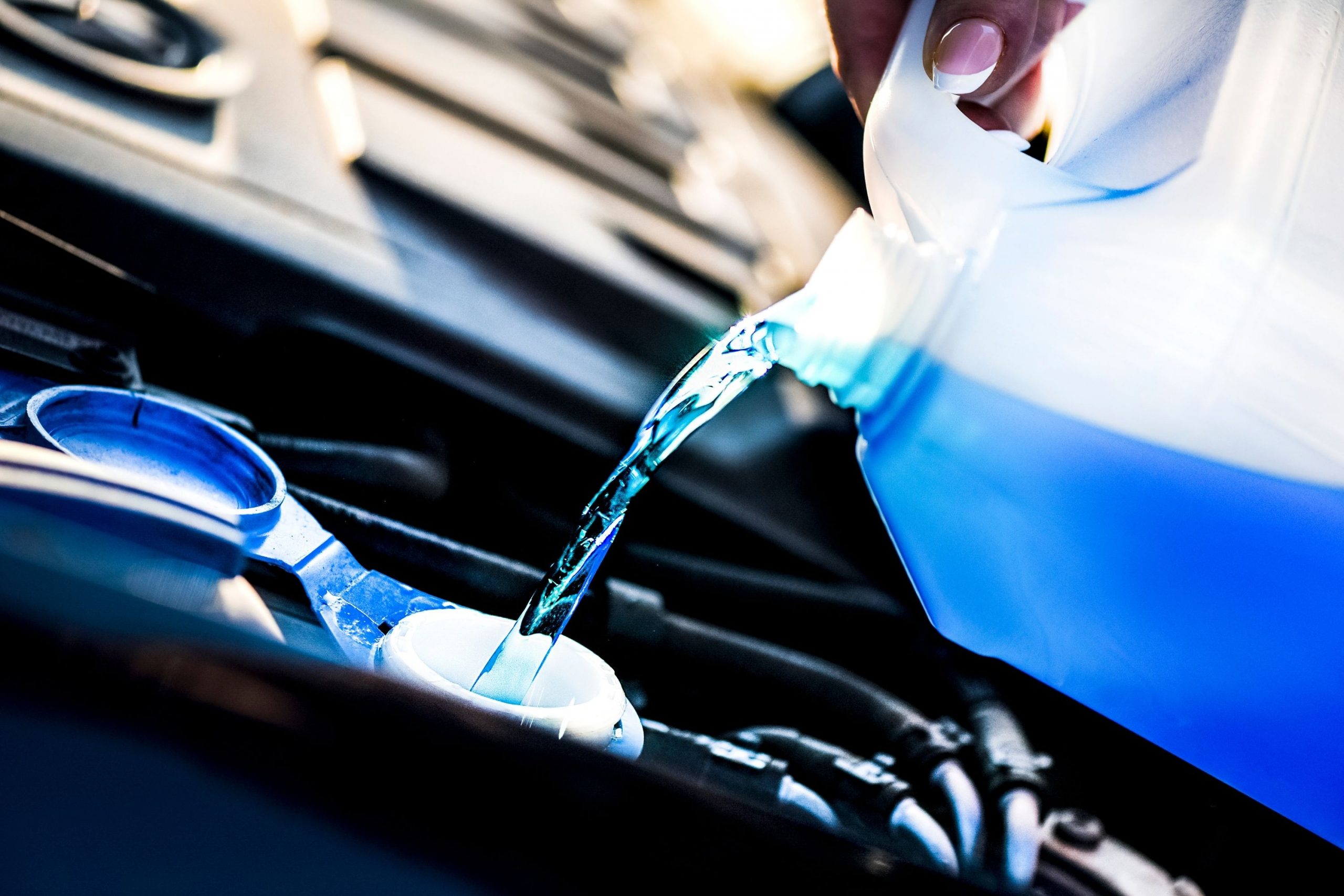
How long does bottled antifreeze last? I found a bottle in my garage that’s opened, but since the label is gone I don’t know how old it is. But I’m pretty sure it’s last year. Do you think it’s still ok to use?
Well, if I remember it right, even if opened, a car coolant can remain usable for years if it is stored in the original tank. And since you say it’s in the original bottle, I’m sure you can still use it!
At what temperature does a car without antifreeze freeze? We don’t have severe winters in our region, so I thought of not using it at all if possible.
Well, I’m not sure whether it will freeze without the coolant or water at all, but I do know that antifreeze will solidify at -38 Celsius.